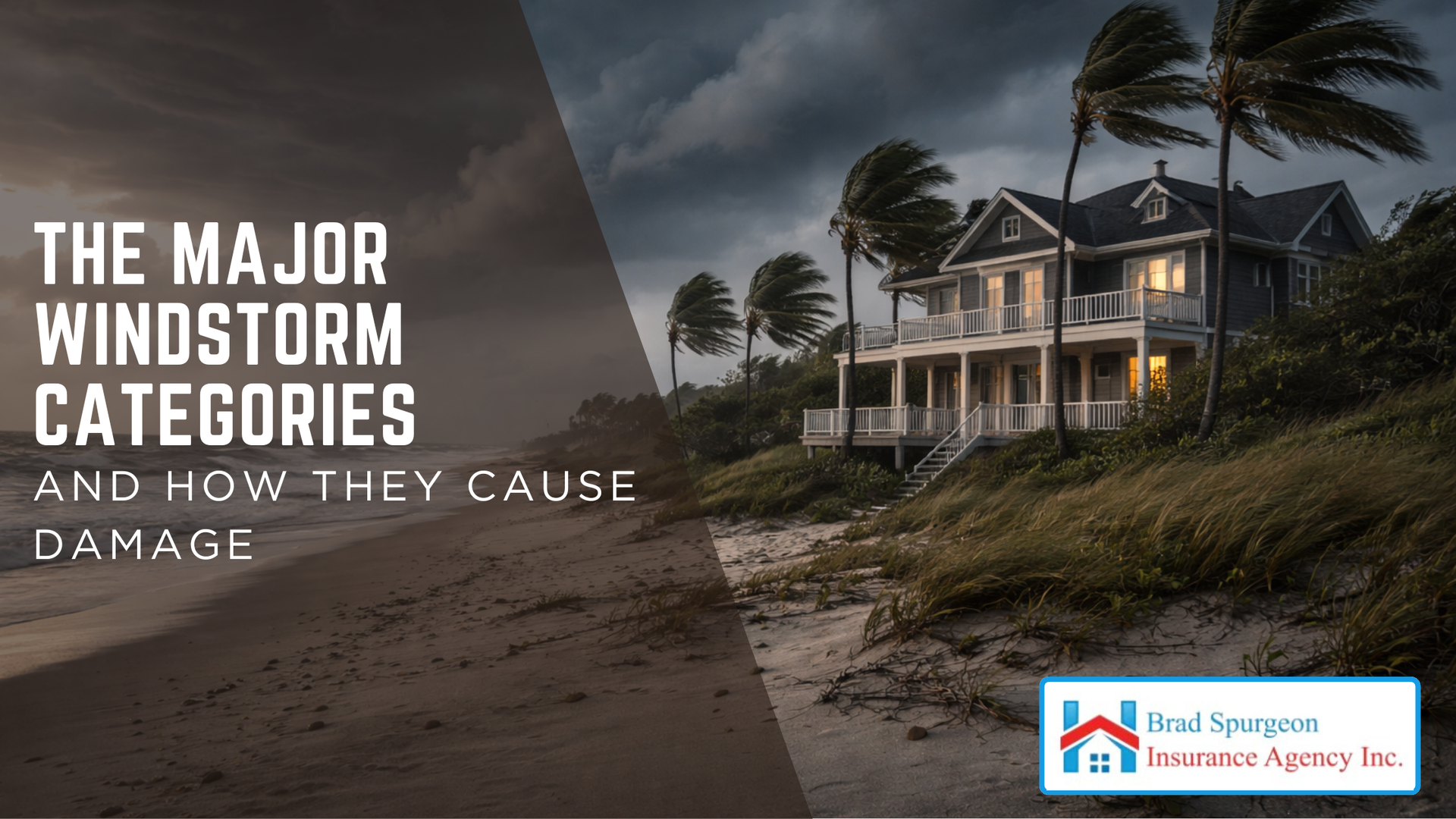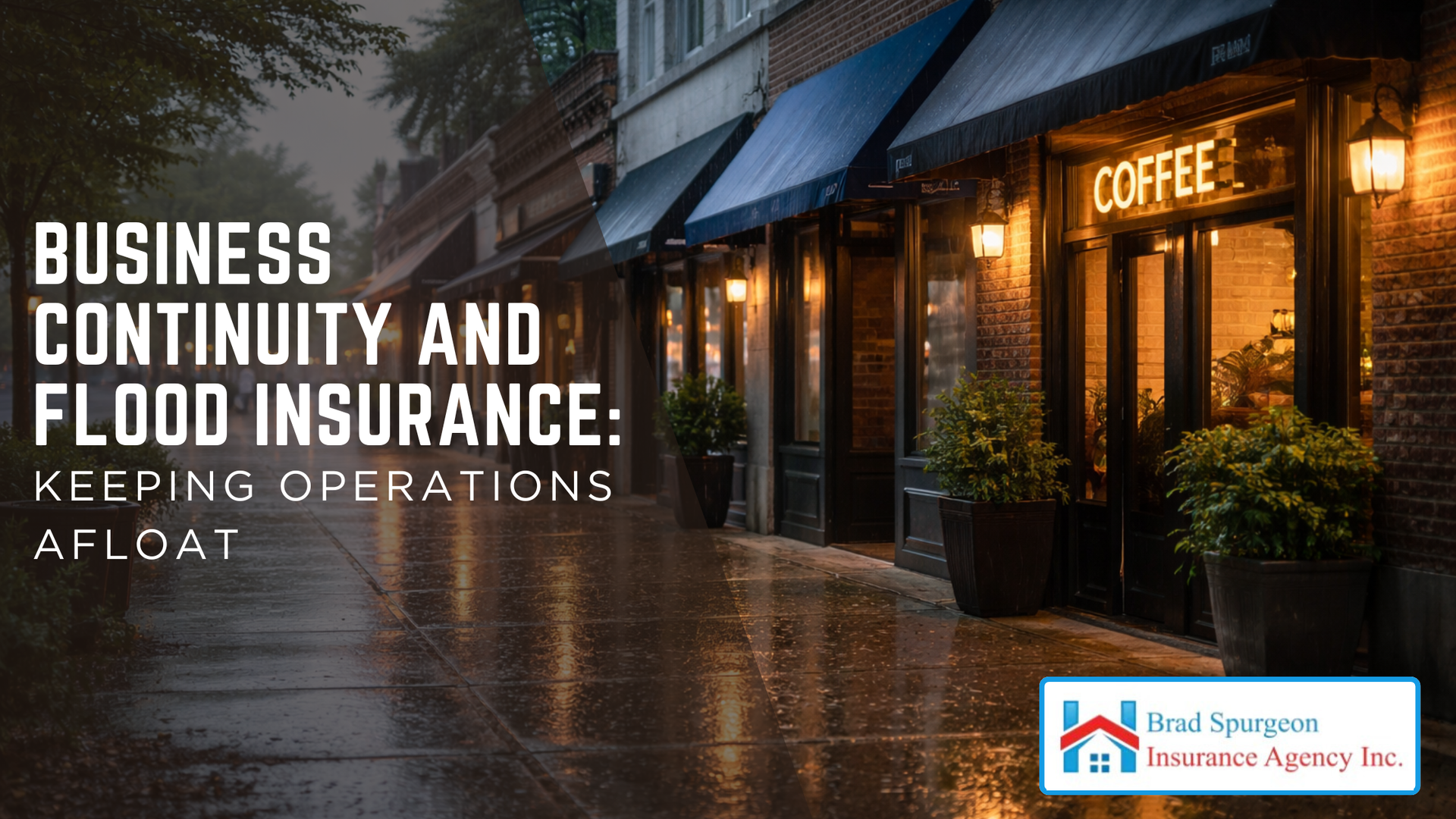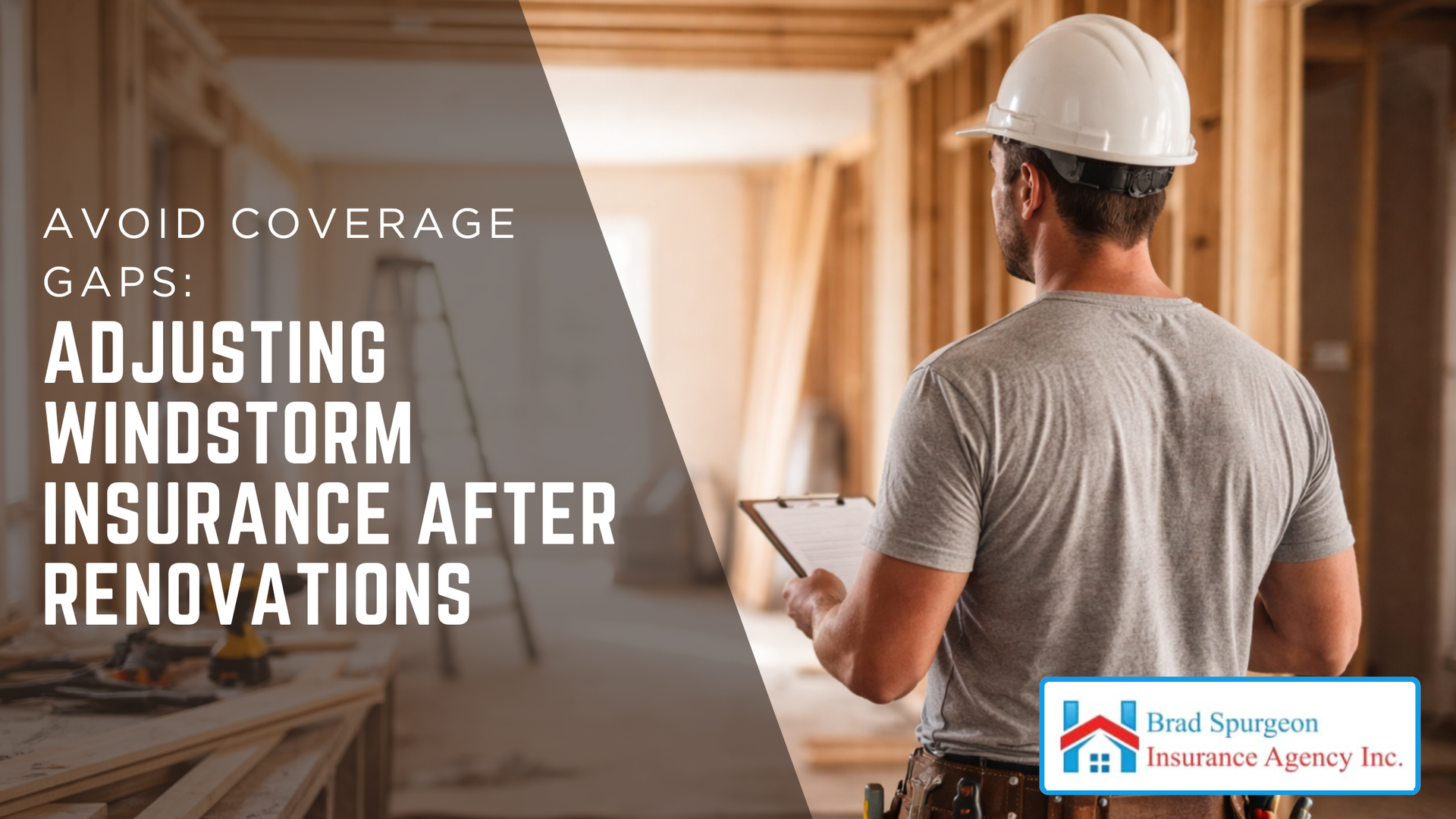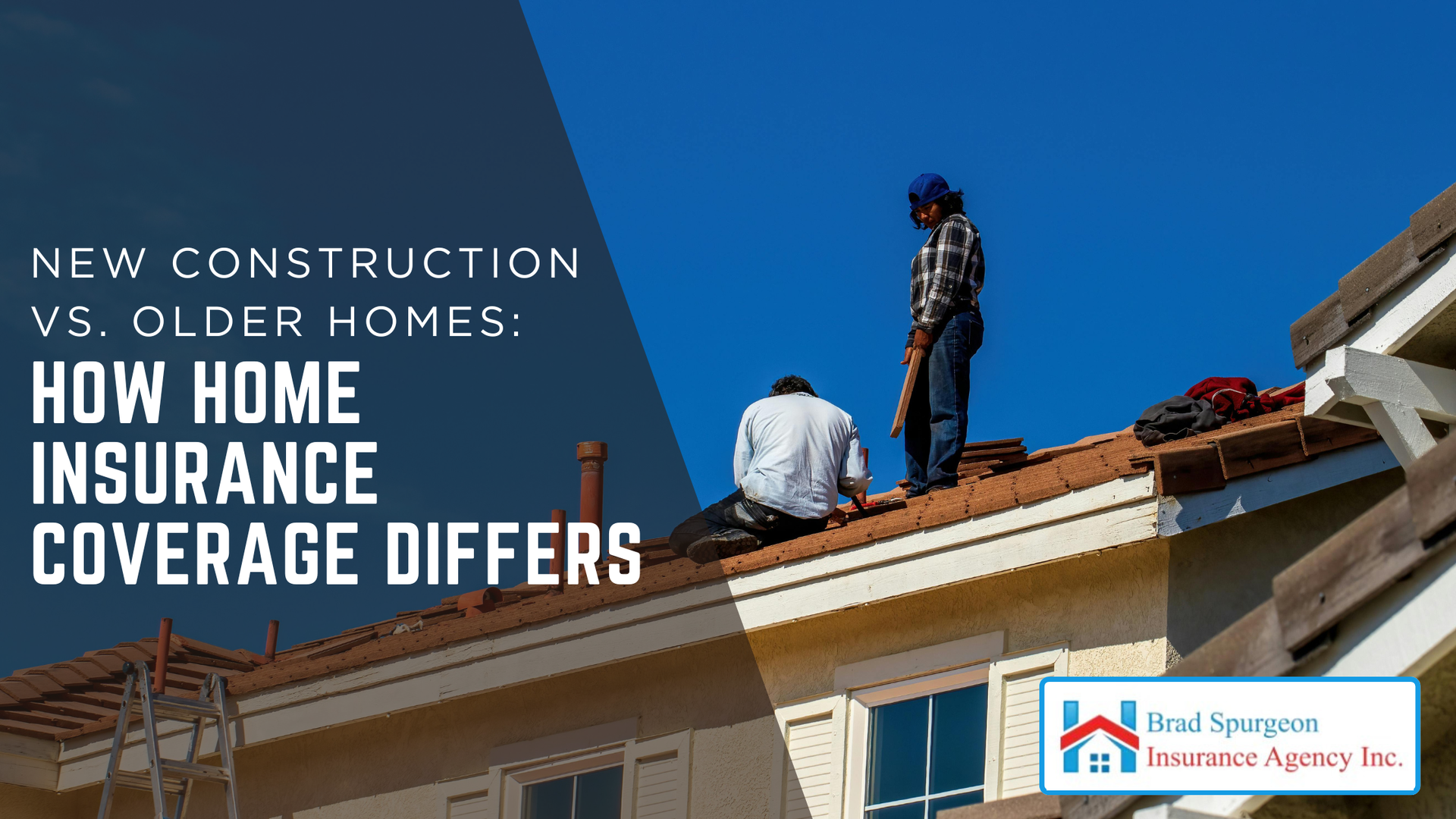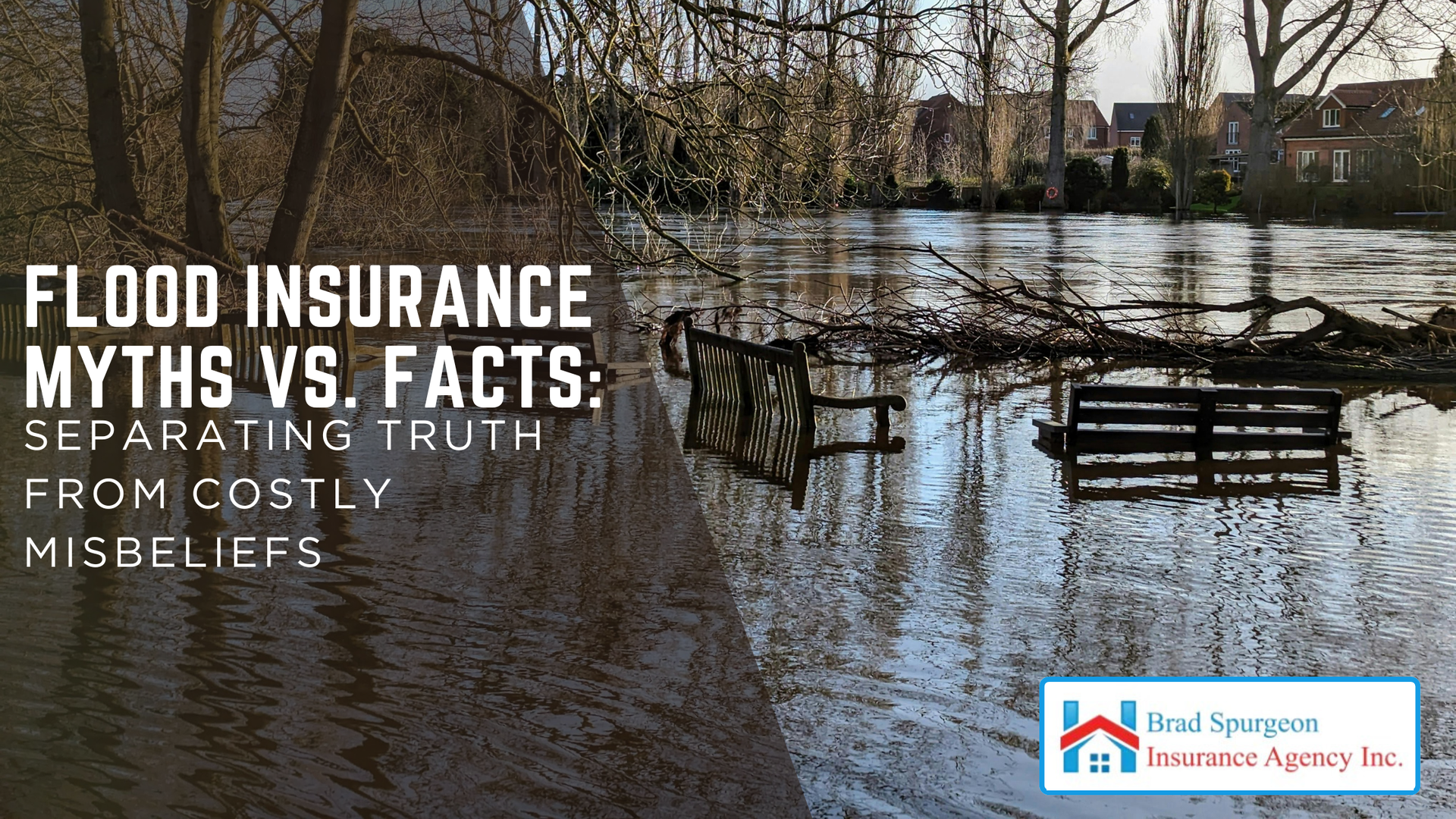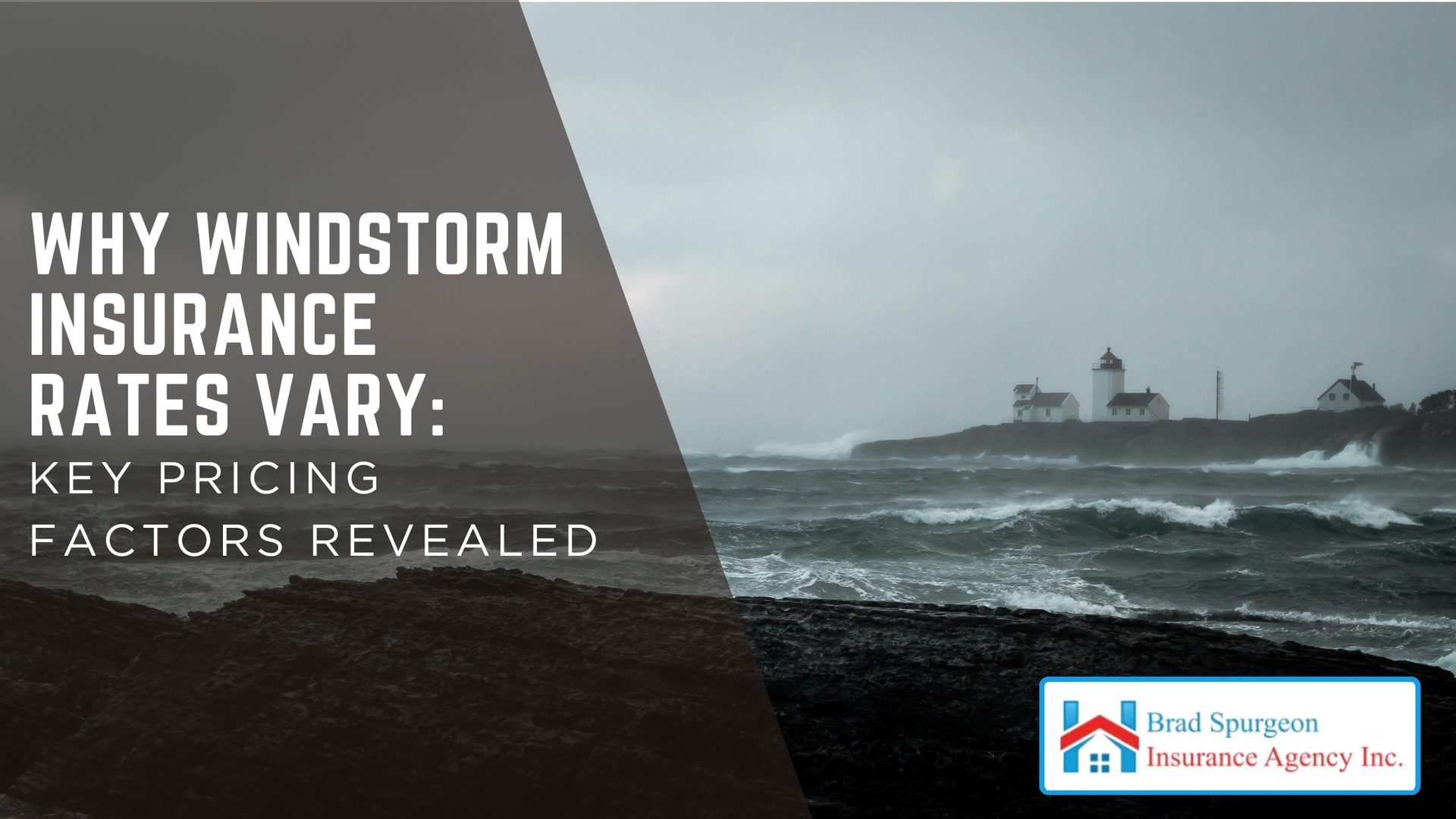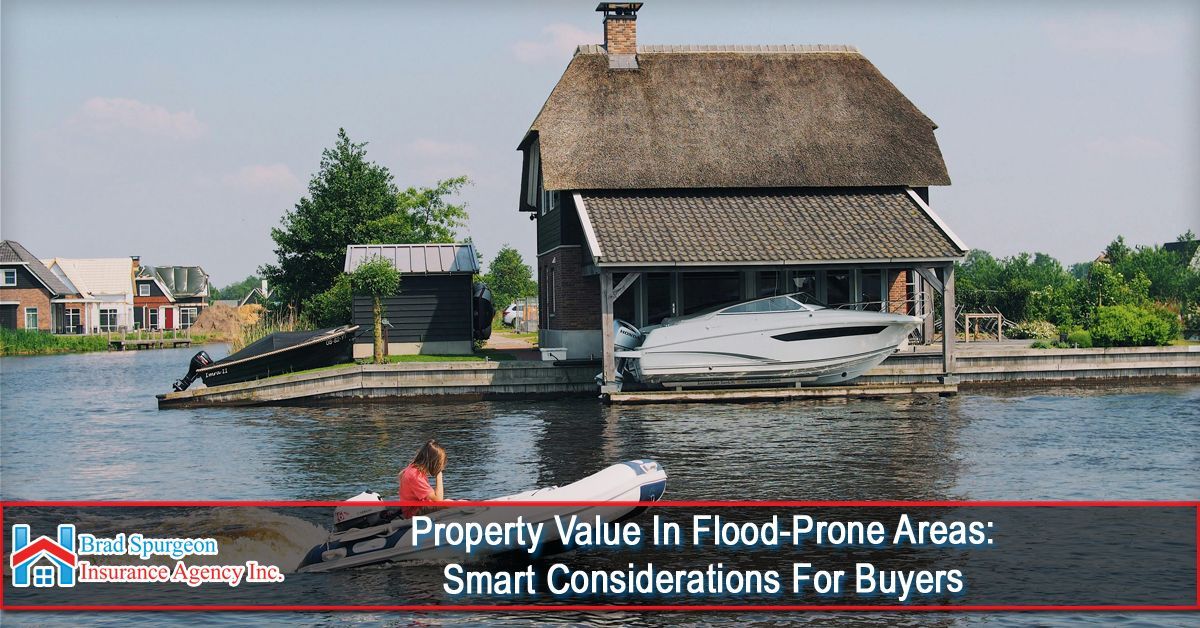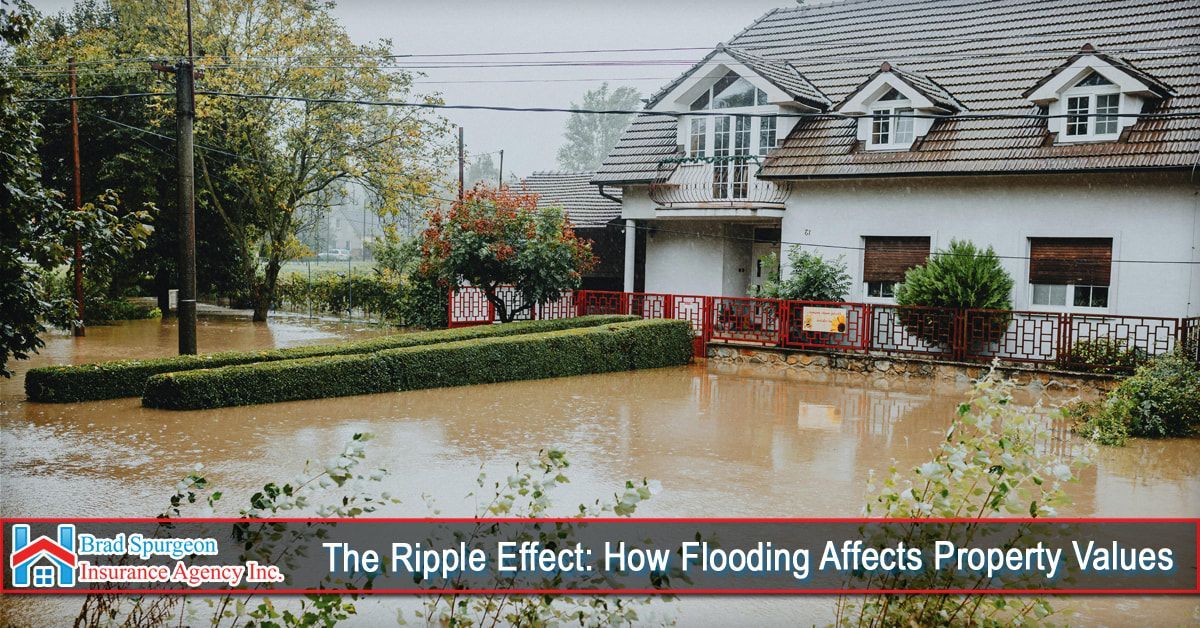Flooding is one of the most devastating natural disasters, with consequences that extend far beyond the immediate physical damage to properties. One of the most significant and long-lasting effects of flooding is its impact on property values. Homes in flood-prone areas often experience a decline in value due to the heightened risk and increased costs associated with future flooding. This decline can affect not only individual properties but also entire neighborhoods, especially in areas where repeated flooding has occurred. Below is an expanded explanation of how flooding influences property values and why this ripple effect matters.
- Homes in designated flood zones typically have lower market values because buyers are hesitant to take on the financial risks associated with flood damage and high insurance premiums.
- Proximity to a floodplain can reduce a property's value by 4% to 12%, even if the home has never experienced flooding.
- Even homes that are not directly affected by flooding can lose value if the surrounding area suffers significant damage. A neighborhood with frequent flooding may become less desirable due to concerns about safety, infrastructure quality, and the potential for future disasters.
- Potential buyers may view homes in flood zones as liabilities due to high repair costs, the potential for mold and structural issues, and ongoing maintenance challenges.
- Rising awareness of climate change and its impact on extreme weather events has increased buyer caution regarding properties in flood-prone regions.
- The physical aftermath of flooding, such as water damage, foundation erosion, and mold infestations, can make a property less attractive and more expensive to maintain.
- Homes with a history of flood damage often struggle to compete in the market against properties in safer areas.
- Homes in flood-prone areas require flood insurance, which can be expensive. The higher premiums can deter buyers and lower the overall market value of the property.
Flood insurance plays a crucial role in reducing the financial risks associated with flooding and can even help stabilize property values in flood-prone areas. Here’s how it benefits homeowners and potential buyers:
- Covers the cost of repairs, restoration, and rebuilding after a flood.
- Eases the financial burden of unexpected disasters, ensuring that homeowners can recover more quickly.
- Having a valid flood insurance policy signals to potential buyers that the property is financially protected.
- Homes with comprehensive flood insurance are often seen as less risky investments, making them more appealing in the market.
- Flood insurance prevents homeowners from having to pay out-of-pocket for expensive repairs, which helps maintain the property’s condition and value over time.
- Many mortgage lenders require flood insurance for properties in designated flood zones, making it an essential component for homebuyers and sellers in these areas.
- Widespread adoption of flood insurance in flood-prone neighborhoods can help stabilize property values and ensure a faster recovery for the entire community after a disaster.
- Invest in Flood Mitigation Efforts
Elevate the home’s structure to reduce flood risk.
Install flood barriers, sump pumps, and proper drainage systems to protect against water damage. - Maintain Accurate Record
Document upgrades and flood mitigation efforts to reassure potential buyers of the property’s safety and resilience. - Work with Professionals
Collaborate with real estate agents and insurance providers who specialize in flood-prone areas to understand the market and maximize property value. - Secure Adequate Flood Insurance
Choose a flood insurance policy that covers both the structure and its contents to ensure comprehensive protection. - Monitor FEMA Flood Maps
Stay informed about changes to flood zone designations and their potential impact on insurance requirements and property values.
Flooding’s ripple effect on property values highlights the importance of proactive planning and risk management for homeowners in flood-prone areas. While flooding can lead to significant devaluation of properties, securing flood insurance can mitigate financial risks, enhance buyer confidence, and stabilize market values. As climate change continues to intensify extreme weather events, understanding the interplay between flooding, property values, and insurance is essential for making informed decisions. Whether you’re a homeowner, buyer, or seller, investing in flood insurance and flood mitigation measures is key to protecting your property and ensuring long-term financial stability.
At Brad Spurgeon Insurance Agency Inc., we aim to provide comprehensive insurance policies that make your life easier. We want to help you get insurance that fits your needs. You can get more information about our products and services by calling our agency at (409) 945-4746. Get your free quote today by CLICKING HERE.
Disclaimer: The information presented in this blog is intended for informational purposes only and should not be considered as professional advice. It is crucial to consult with a qualified insurance agent or professional for personalized advice tailored to your specific circumstances. They can provide expert guidance and help you make informed decisions regarding your insurance needs.
